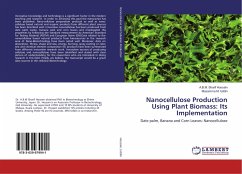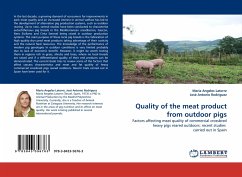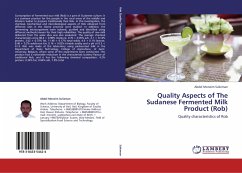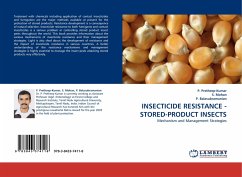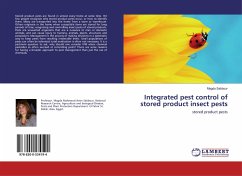Bioethanol is a fuel derived from renewable sources of feedstock, divided in three main Groups: sugary, starchy and lignocellulosic biomass. The first generation biofuels presents the drawback of competing using sources of human and animal nutrition. For that reason, second generation raw materials for bioethanol production are gaining interest. They are nonfood biomass sources, mainly lignocellulosic materials, such as agricultural residues, waste materials or municipal solid waste. During the process, cellulose is hydrolyzed to produce fermentable sugars (glucose, xylose,...) followed by fermentation of sugars into ethanol. Ethanol obtained from cellulose is an environmental friendly fuel. It is biodegradable and water soluble and produces lower emissions of carbon monoxide. Paper, which is one of the largest constituent of Municipal solid waste, has become a severe problem for disposal in developed and developing countries due to the shrinking landfill capacity. It is very important and challenging task in managing the solid waste. Newspaper, which is a cellulosic feed stock, is emerging as an attractive option for the production of bioethanol.
Bitte wählen Sie Ihr Anliegen aus.
Rechnungen
Retourenschein anfordern
Bestellstatus
Storno


